Cecilia Arlehamn
Co-PI (Core Leadership)
La Jolla Institute For Allergy & Immunology
Cecilia is a Research Assistant Professor in the Center for Infectious Disease, La Jolla Institute for Immunology (LJI), US. She studied inflammasome activation by bacterial products as a graduate student with Thomas Evans at the University of Glasgow, Scotland. Cecilia obtained post-doctoral training at LJI under Dr. Alessandro Sette to understand the role of T cells in the context of tuberculosis infection. She has since dedicated her research to the identification of T cell epitopes and the characterization of T cell subsets. Among her awards is the Tullie and Rickey Families SPARK award (LJI) and the Collaboration for TB Vaccine Discovery Early Career Scientist award from the Bill and Melinda Gates Foundation.
Teams
Themes
Tags
Recent ASAP Preprints & Published Papers
Central and Peripheral Inflammation: Connecting the Immune Responses of Parkinson’s Disease
Transcriptional analysis of peripheral memory T cells reveals Parkinson’s disease-specific gene signatures





